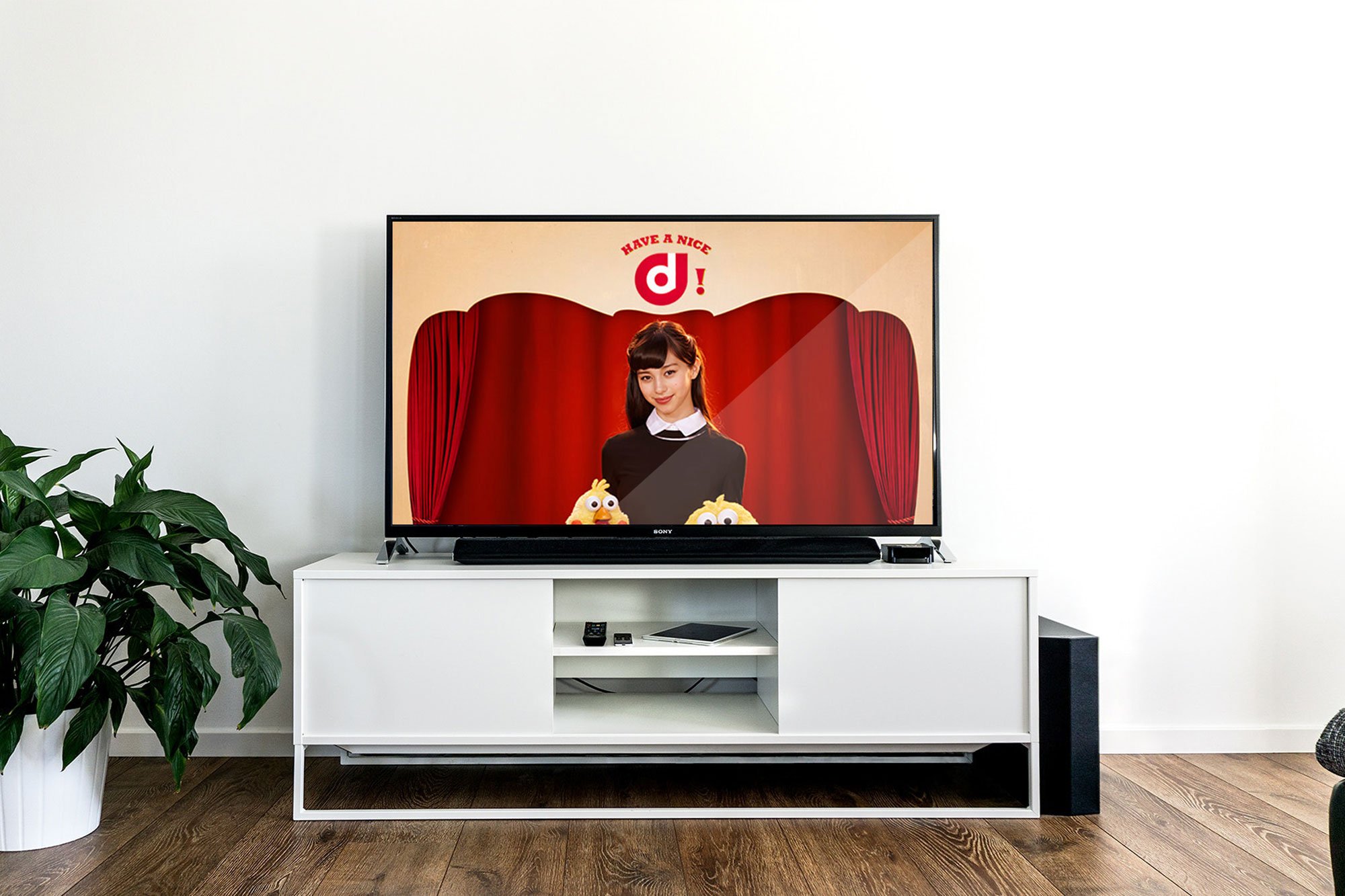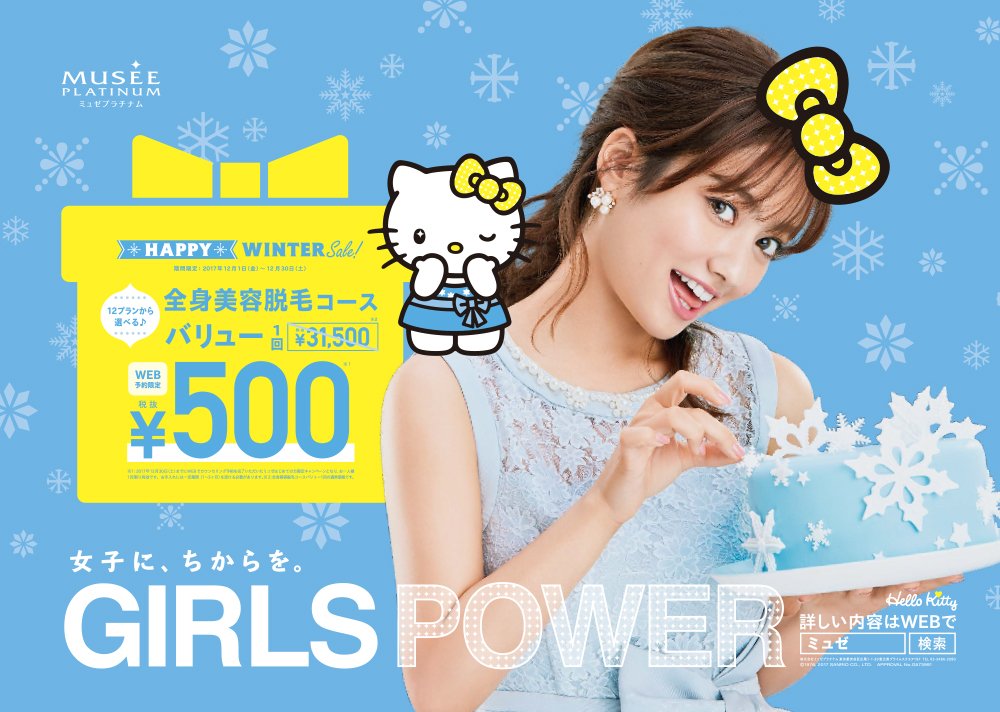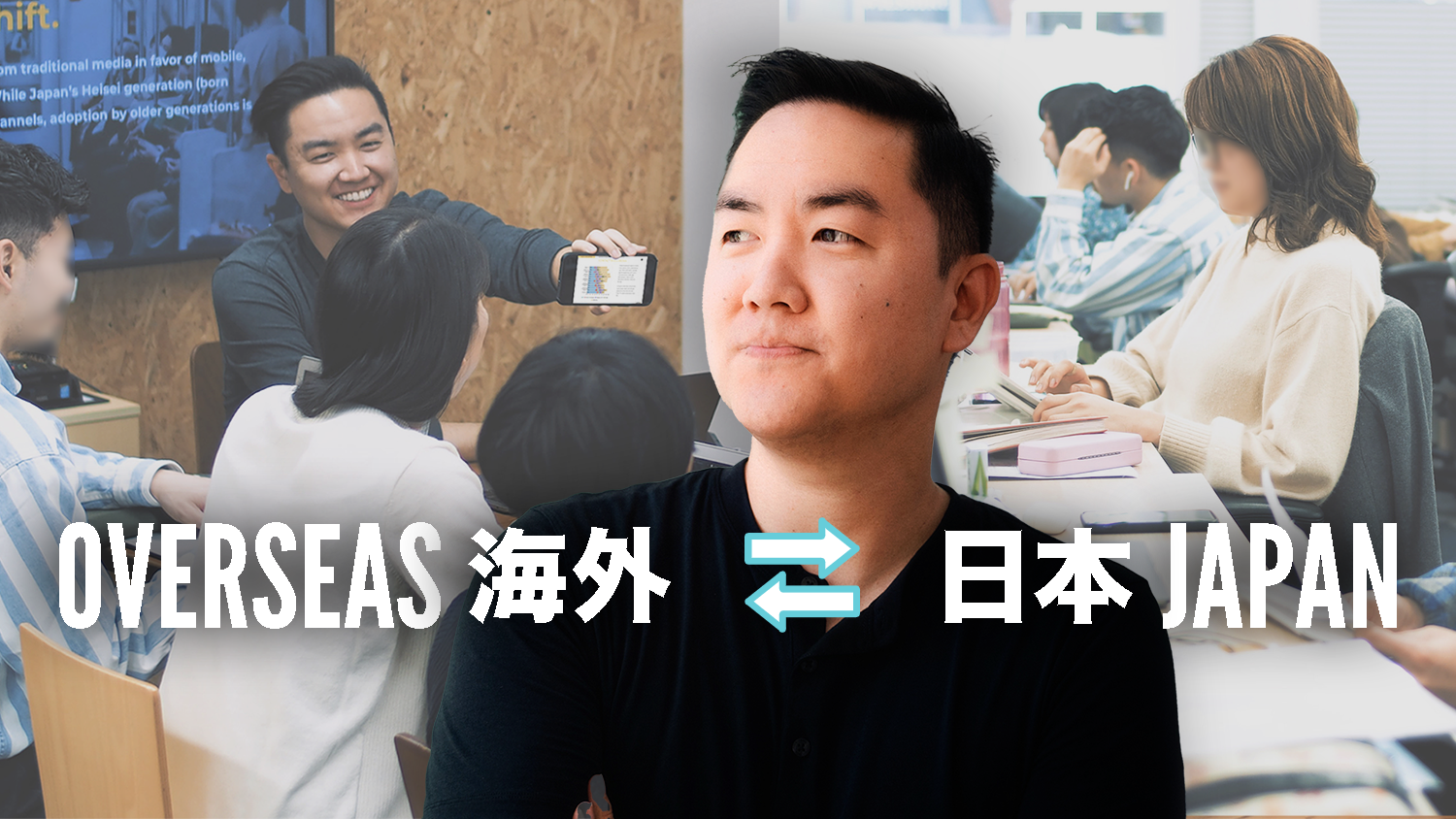Why Japan Has Strange English Ads
Japan is well known for its Engrish here and there, but why do even big companies in the country launch large scale campaigns using incorrect phrases?
I’ve been questioning this ever since moving to Japan. After all, I had initially moved to the country on one of the government’s expensive initiatives to improve the people’s English ability. While it would be absurd to expect perfection in a non-English speaking country, big tax payer money is being spent on this education.
Why is it then that in 2020, after years of rapidly increasing tourism and it being the year of the Tokyo Olympics, that major corporations still put out English that clearly hasn’t received a legitimate edit?
Japanese ads with questionable English
Before I theorize as to why questionable English is still being put out, here are some of the memorable ones I've seen in the last few years:
"Have a nice d!" - Docomo
Docomo is a major communications company, and is the largest mobile service provider in Japan.
Their promotion for their d-point point card system [J] was big, featured actress Ayami Nakajo, and was blasted across TV and the internet.
Their slogan and tune telling everyone to "Have a nice d" seemed playfully, well, dirty.
"Enjoy the girl!" - Musee Platinum
Musee Platinum [J] is an international hair removal salon with 185 locations in Japan.
Their 2016 campaign slogan was to "Enjoy the girl," a message that would be a better match for a hostess bar. And capitalizing it just looks like they really want customers to enjoy them.
After prematurely posting it everywhere in Tokyo’s busiest trains, the ads were pulled and replaced soon after with an odd "Enjoy, girls." (Is the hair removal process that enjoyable?)
In 2017, they began using a new slogan, "Girls power."
“Girls Power” according to Musee Platinum
This company’s campaign messaging seems to range from trivializing movements to being completely tone deaf.
"I'm fruity." - Yebisu Beer
Yebisu Beer, owned by Japan's oldest brewery, Sapporo, had begun to promote a new brew called Hanamiyabi [J].
Their promotion for it featured Japanese actress Kyoko Fukada who says the beer’s slogan, "I'm fruity."
Rather than saying that the beer is fruity, using the word to describe herself doesn’t really make sense, and it could potentially have negative or offensive connotations.
Why do Japanese companies use strange English in their promotions?
Here's my insight on this after working at a Japanese marketing agency.
1. English is often for styling
English slogans are often used in a way a graphic or emoji would be - it's mainly there for decoration or to create an image. The best comparison would be clothing with kanji wording or kanji tattoos in the West.
Judging from English copy requests from Japanese clients, many ask for something that sounds fancy but can be understood by the average Japanese person at the same time. Those criteria are usually in conflict with each other, so words will be replaced with generic ones like “happy” or “enjoy”.
Basically, the company is mainly thinking that their target is Japanese people and they have no real intention to communicate with the English they use. Because of that, allocating money and time to do so just isn’t a priority.
2. Katakana English confusion
A growing number of Japanese words are adopted from English and other foreign languages. A lot of times, those words are shortened into an entirely different word and disregard grammatical points such as tense.
For example, department store becomes “depart” and “get” is never changed to got. This adds a layer of confusion when switching from Japanese English to actual English, and if no one on the team is proficient in English, the outcome is whatever their best person can come up with.
Furthermore, loan words never really adapt to changes in definition or usage, and this occasionally leads to embarrassments like McDonalds Japan naming their dessert something that translates to “Adult creampie”.
Japanese use “大人の” (Adult) to describe something rich or slightly bitter, and “cream pie” was never adapted to the times. This, of course has caused the international and English-capable Japanese community to question the naming.
3. Limited resources and separations in organizational structure
A lot of companies don't do much of their own marketing and advertising, especially when it’s digital. It’s almost mind-boggling sometimes how even the most basic work is outsourced.
Many of these companies don't have internal teams that communicate with each other on a regular basis, or don’t have teams to begin with. Because of this, it’s not uncommon for small scopes to be outsourced separately to different agencies. What results is too many walls and segmented parties, leading to too many inefficiencies to overcome.
4. Pride and stubbornness
Age is often a factor in promotion at traditional Japanese companies, and it’s not unusual for the decision-maker to be a 60-year old man who doesn’t actually understand what they’re overseeing. Just look at Japan’s minister of cybersecurity who doesn’t use computers.
Having them carelessly approve what they don’t fully comprehend while subordinates are unable to tell their superior they’re wrong is probably quite common.
Staff themselves may be in charge of the English, either unwillingly assigned or because they overestimate their capabilities. A large Japanese company recently had a staff member who wasn’t fully English-capable “correct” my English and submit it for final release. Needless to say, this led to a hectic, last minute effort to reverse the damage they did.
Will English in Japan improve?
The Japan government and businesses talk about improving, but it’s a slow process.

Here we are in 2020, the year of the Tokyo Olympics and a time when Japan is making enormous efforts to appeal to international tourists, and we still get things like “Hello, our stadium” and “Please push the under button” at the Olympic Stadium’s unveiling.
To be determined, I guess.











I share my experiences and tips for dealing with money if you're traveling or moving to Japan. My preferred banks in the U.S and Japan, how to use Apple Pay, and the credit cards that I use.